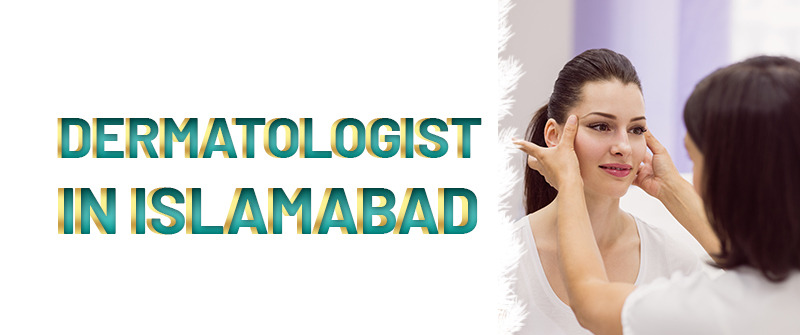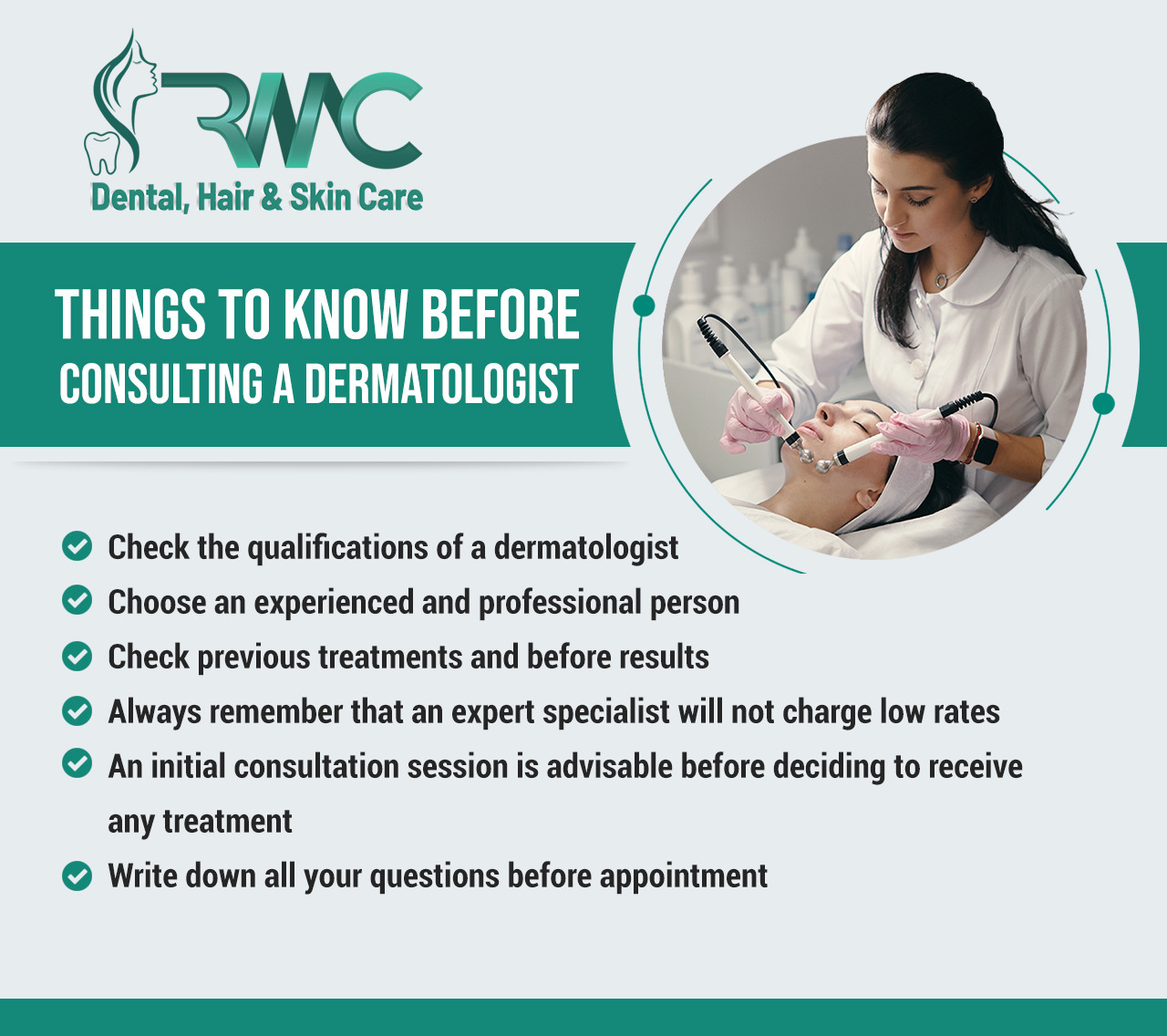
What is skin care?
Whatever your skin type, maintaining overall skin health and addressing specific issues like acne, scarring and dark spots can all be accomplished with a daily skin care regimen. There are four basic steps to a daily skin care routine, which you can complete once in the morning and once before bed.
1.Cleansing
Cleansing is the most important skin care routine that ensures healthy and glowing skin but choosing the products that match your skin can happen with the consultations of the dermatologist.
2. Serums
Use of serums is a highly efficient skin routine as it keeps skin healthy and glowing. It is highly suggested that the use of serums must be done in morning. The choice of serum should be decided with consultation of the dermatologist otherwise severe skin damage can be caused.
3. Moisturizer
Even oily skin requires a moisturizer but the moisturizer that aligns well with the skin type proves beneficial. Even in daily skin routine the use of moisturizer must be done with consultation of dermatologist. This will ensure that right products are used for right skin type.
-
Sunscreen
Apply sunscreen, at least 15 minutes before going outside because it takes some time for sunscreen to take effect. Darker skin tones actually require more sun protection because hyperpigmentation is more difficult to treat.
Need of Dermatologist for Skin Care

Dermatologists identify and treat conditions of the skin. Additionally, they can identify skin-related signs of illness or organ failure that may be a sign of internal health issues. Specialized diagnostic procedures for skin conditions are frequently carried out by dermatologists. They employ various therapies, such as:
- Medications are injected or applied externally.
- UV (ultraviolet) light therapy.
- A variety of surgical dermatologic procedures, including the removal of moles and skin biopsies.
- Cosmetic procedures like peel-off, laser treatments, and sclerotherapy.
A dermatologist consultation gives a patient a thorough understanding of their condition and the range of available treatments. Early consultation will help to lessen any risks or issues that might develop as a result of the dermatological condition.
The procedure of Consultation with a Dermatologist
Dermatology consultation may be requested independently by some patients or at the recommendation of their primary care provider or family physician. Depending on how severe the patient’s condition is the consultation typically lasts 20 to 30 minutes, but it could go longer. The dermatologist will ask the patient about their symptoms and main complaints review their medical history and perform a physical examination of the affected area during the appointment. Typically, a physical exam is enough to diagnose the condition. However, in some circumstances, specific tests like the ones listed below might be necessary.
- A blood test.
- A swab of the skin.
- Body biopsy.
The dermatologist will give a summary of the available treatments, their risks, side effects, and expected outcomes after the condition has been diagnosed. The patient should be fully informed of his options so that he can make an informed decision and start treatment as soon as possible. The patient does not have to commit to treatment during the consultation.
The patient may start treatment right away in cases of mild dermatological conditions. The dermatologist can already provide the required prescriptions during the scheduled appointment because the majority of these cases may require the use of specific medications. In these situations, patients will be requested to return for a follow-up check after 1 or 2 months so that the dermatologist can determine whether the treatment is effective or whether it has so far produced the desired results. The treatment strategy will change if necessary.
When should we seek Dermatologist Consultation?
Here are a few ailments you should consult your dermatologist about rather than self-diagnosing online:
- A mole that is morphing or enlarging is visible. It is crucial to have a skin exam every year, regardless of whether your mole has been present since birth or is relatively new. It’s particularly crucial if you’ve noticed that the size, shape, or color of your moles has changed. Additionally, it’s crucial to visit the dermatologist if they are painful, scabbing, bleeding, itchy, painful, or if they have developed into sores that do not heal. Regardless of skin color, skin cancer can develop in anyone.
- You have a pimple that you need to get rid of right away. These not only hurt, but they also always seem to occur inconveniently. This kind of acne is frequently brought on by hormonal changes, stress, or a bacterium that is difficult to control. A quick trip to your dermatologist will help lessen the discomfort and inflammation. The recovery time will also be accelerated.
- Your stubborn acne needs to be treated. Even though many over-the-counter medications and home remedies can be effective, there may be times when they simply don’t. You can receive a more individualized and efficient treatment plan from a dermatologist.
- Dry, itchy, and irritated skin is the result. This typically goes beyond a seasonal side effect and may be eczema. Consult a dermatologist if an area of skin is itchy for longer than a week. After examining your skin, your dermatologist will make suggestions for how to relieve the itching and provide you with additional options.
- Your body is covered in rough, scaly patches. Psoriasis is typically the cause of this issue’s root. Due to an autoimmune disorder, skin cells pile up on the surface of the skin, causing red, thick scales. This condition is caused by the immune system sending signals to the skin cells to grow too quickly. According to your unique needs, your dermatologist will suggest a specific course of treatment.
- You notice a bald spot or that you’re losing a lot of hair. Your dermatologist will evaluate the situation and go over the available treatments for your particular condition. This could be brought on by a number of different factors.
- Your body has areas of skin that are either paler or darker than the rest of it. However, other serious conditions can also cause dark and light spots on your skin. Skin spots are frequently considered cosmetic issues. To determine whether there is a reason for concern, your dermatologist should examine them.
These are just a few instances when the need for consultation with a dermatologist becomes highly important.
Skincare Treatments in Islamabad
Islamabad, the Federal Capital of Pakistan is renowned for providing the latest skincare treatments across the country. In the field of dermatology, the Rehman Medical Center, Islamabad is the best available option in the city. This center has several renowned dermatologists who have impeccable command over their field and have experience of several years of providing patients with quality services. As mentioned in the above paragraphs, taking care of one’s skin without consultation with a dermatologist may not bear good results; therefore, seeking the advice of an expert in the field is direly needed.
For this purpose, you need to reach the Medical Rehman Center or book an appointment online. All of the skin care practitioners working in this center are highly qualified and matchlessly skilled. Both, your time and money will be saved considerably by choosing the Rehman Medical Center as your final place for a consultation.
